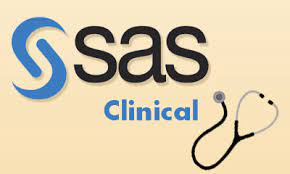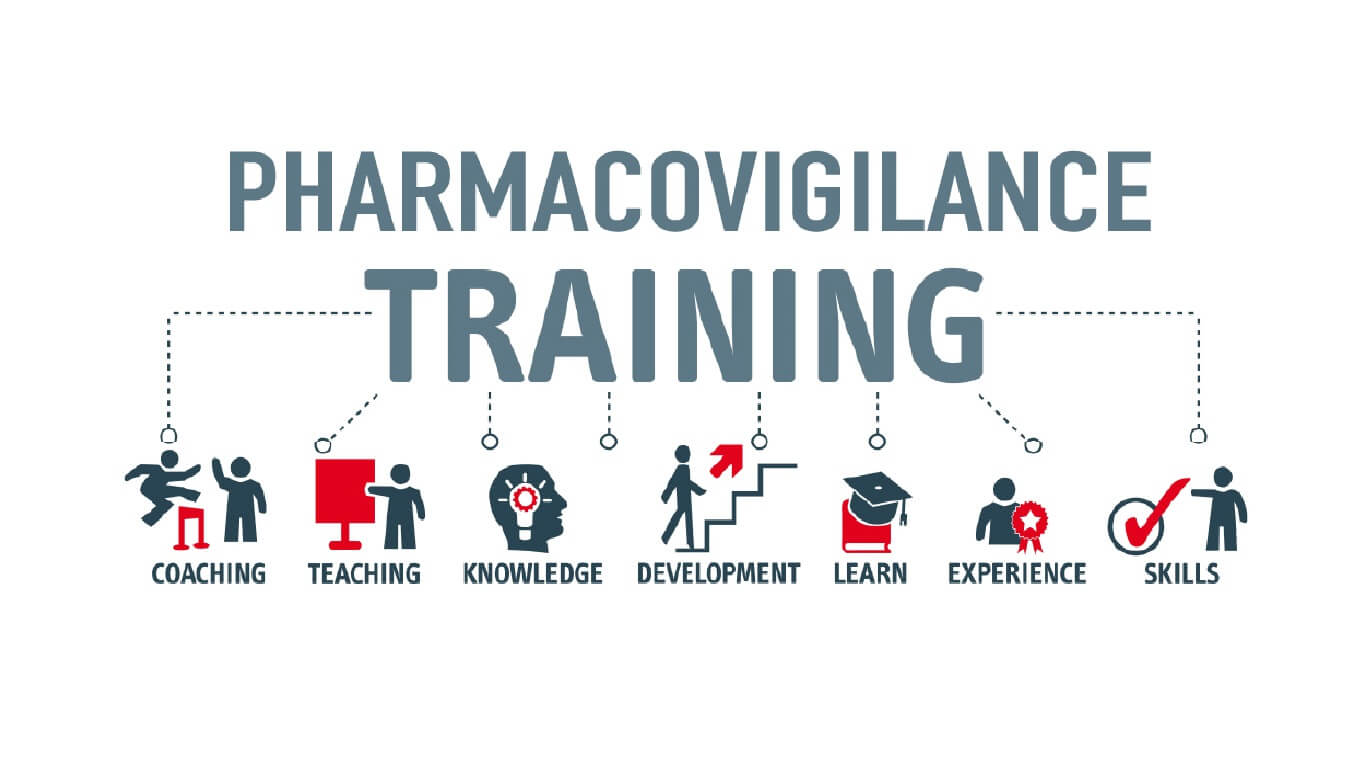As of my last update in September 2021, India, is known for its thriving IT and pharmaceutical industries, including a significant presence in clinical research and data management. Many organizations offer training programs and job opportunities in Clinical SAS programming.

Clinical SAS programming is a specialized skill used in the pharmaceutical and clinical research industries to manage and analyze clinical trial data. Professionals in this field work with data from clinical trials and use SAS software to create tables, listings, and figures that are essential for regulatory submissions, safety assessments, and statistical analyses.
If you are looking for a Clinical SAS Programming training program , here are some steps you can take:
Search Online:
Look for training institutes or organizations that offer Clinical SAS Programming courses. You can use search engines and online directories to find options available.
Check Course Content:
Review the course content and curriculum of the training programs you find. Ensure that the program covers essential topics in Clinical SAS programming, including data manipulation, reporting, and statistical analysis.
Read Reviews and Testimonials:
Look for reviews and testimonials from previous students who have completed the training program. This will give you an idea of the program's quality and effectiveness.
Inquire about Certification:
Check if the training program offers any certification upon completion. A recognized certification can add value to your resume and increase job prospects.
Contact Training Institutes:
Reach out to the training institutes directly to gather more information about the program's schedule, fees, and other details.
Network with Professionals:
Connect with professionals in the industry, attend conferences, or join online forums related to clinical research and SAS programming.
Job Placement Assistance:
Inquire if the training program provides job placement assistance or has tie-ups with pharmaceutical companies or CROs (Contract Research Organizations) for potential job opportunities.
It's important to verify the reputation and credibility of the training institute before enrolling in any program. Look for institutes that have experienced trainers, well-structured courses, and a track record of successful placements or career support.
As situations and offerings may change over time, I recommend conducting recent research and reaching out to specific training institutes directly to get the most up-to-date information about Clinical SAS Programming training programs.
PHARMACOVIGILANCE Training

In September 2021, India, is a hub for pharmaceutical and biotechnology industries, and it offers various training opportunities in Pharmacovigilance. Pharmacovigilance is a critical component of drug safety, involving the collection, assessment, monitoring, and prevention of adverse drug reactions and other medication-related issues.
This course will provide extensive theoretical & training in Pharmacovigilance. All the topics will be presented by team of real time professionals. It incorporates end-to-end theoretical & practical training on Pharmacovigilance processes including case assessment practical’s (seriousness of the events, reportablity of case, expectedness of the event), Data Entry, Case Processing, meddra & WHODD coding & Narrative Writing.
If you are interested in pursuing Pharmacovigilance training , here are some steps you can take to find suitable programs:
Search Online:
Look for training institutes or organizations that offer Pharmacovigilance courses. Use search engines and online directories to find options available.
Check Course Content:
Review the course content and curriculum of the training programs you find. Ensure that the program covers essential topics in Pharmacovigilance, such as drug safety regulations, adverse event reporting, signal detection, and risk management.
Training Duration and Mode:
Check the duration of the training program and the mode of delivery (e.g., classroom-based, online, or a combination of both) to find a format that suits your schedule and preferences.
Faculty and Expertise:
Look for training institutes with experienced faculty who have expertise in Pharmacovigilance and related fields. Trainers with industry experience can provide valuable insights into real-world practices.
Certification:
Inquire if the training program offers any certification upon completion. A recognized certification can enhance your resume and demonstrate your knowledge and skills to potential employers.
Training Infrastructure:
If the training is conducted in a physical location, check the infrastructure of the training institute, such as facilities and learning resources.
Reviews and Testimonials:
Look for reviews and testimonials from previous students who have completed the Pharmacovigilance training program. This can give you an idea of the program's quality and effectiveness.
Job Placement Assistance:
Inquire if the training program provides job placement assistance or has tie-ups with pharmaceutical companies or Contract Research Organizations (CROs) for potential job opportunities in Pharmacovigilance.
Professional Associations:
Check if the training institute is affiliated with any professional associations or organizations related to Pharmacovigilance, as this can indicate a commitment to industry standards.
Network with Professionals:
Connect with professionals working in the Pharmacovigilance field, attend industry events or webinars, and join online forums to gather insights and potential leads for training opportunities.
